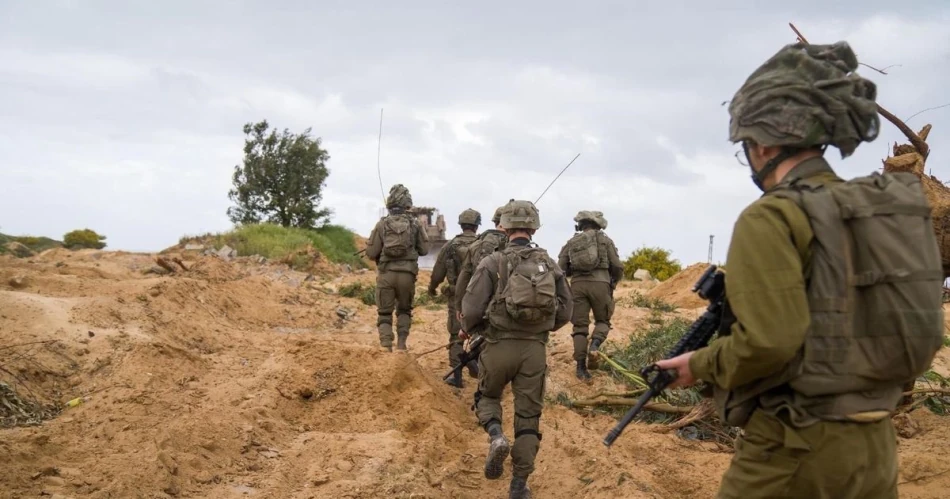
Israel Mobilizes 60,000 Reserve Troops, Prepares for Potential Gaza Invasion
Israel Escalates Gaza Campaign with Massive Reserve Call-Up and Control Strategy
Israel's Defense Minister has approved a comprehensive plan to seize control of Gaza City, ordering the mobilization of 60,000 reserve soldiers in what represents the largest military escalation since the conflict began. The move signals Israel's commitment to a prolonged campaign aimed at dismantling Hamas's remaining strongholds, despite mounting international pressure for a ceasefire.
Military Mobilization Reaches New Scale
Defense Minister Israel Katz formally endorsed the Israeli military's assault plan targeting Gaza City, the Palestinian territory's largest urban center and Hamas's primary power base. The approval includes authorization for one of the largest reserve call-ups in recent Israeli military history, with 60,000 soldiers being summoned for active duty.
This massive mobilization indicates Israel's preparation for an extended urban warfare campaign. The scale suggests Israeli military planners anticipate fierce resistance in densely populated areas where Hamas has had years to establish defensive positions and tunnel networks.
Humanitarian Preparations Signal Prolonged Operation
Alongside military preparations, Katz approved "humanitarian preparations for evacuation" of Gaza City's civilian population. This coordination of military and civilian evacuation plans suggests Israeli forces expect a lengthy siege-like operation rather than a quick strike.
The evacuation preparations also reflect lessons learned from previous urban warfare campaigns in Iraq and Syria, where civilian displacement became a critical factor in military success and international legitimacy.
Netanyahu's Strategic Vision Takes Shape
Prime Minister Benjamin Netanyahu's recent statements reveal Israel's long-term vision for Gaza extends far beyond defeating Hamas militarily. His declaration that neither Hamas nor the Palestinian Authority would participate in Gaza's future civilian governance represents a fundamental shift in the territory's political landscape.
Netanyahu's rejection of Hamas's negotiation terms as "surrender conditions" effectively closes the door on diplomatic solutions, at least in the near term. This hardline stance suggests Israeli leadership believes military pressure will ultimately force Hamas into complete capitulation.
Strategic Implications for Regional Stability
Israel's commitment to establishing "complete Israeli security control" over Gaza marks a potential return to direct occupation after the 2005 withdrawal. This shift carries significant implications for regional dynamics, particularly regarding Egypt's role as a mediator and the broader Arab-Israeli normalization process.
The massive reserve mobilization also signals to Iran and its regional proxies that Israel remains capable of sustained military operations despite months of conflict. This demonstration of military capacity serves as both a tactical necessity and strategic deterrent.
International Pressure Meets Military Reality
The timing of this escalation comes as international calls for ceasefire intensify, creating a race between diplomatic pressure and military objectives. Israel's decision to proceed with the largest phase of the campaign suggests confidence that military success will ultimately validate the strategy, regardless of current international criticism.
The scale of the operation also indicates Israeli leadership believes this represents their final opportunity to achieve decisive victory against Hamas before international pressure becomes insurmountable.
Most Viewed News

 Sara Khaled
Sara Khaled






